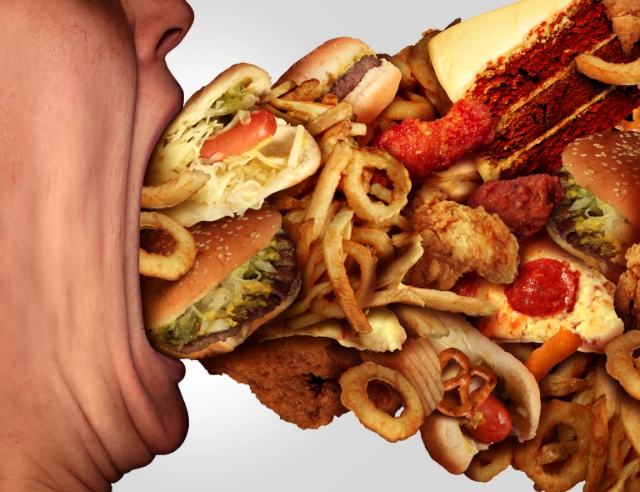We already know Ultra-Processed foods contribute to the development of obesity and, by association, cardiovascular and other common health scourges. But now, researchers say they’ve discovered a link between Processed Poods and some cancers…

The dietary researchers at the University of Bristol (K) have been busy lately. Within a week of their last study report release comes another, this time linking Ultra-Processed Foods (UPFs) with increased risk of developing some cancers.
What they did
“UPFs have been associated with excess weight and increased body fat in several observational studies,” Dr. Fernanda Morales-Berstein, lead author of the study report, explains. “This makes sense, as they are generally tasty, convenient and cheap, favouring the consumption of large portions and an excessive number of calories. However, it was interesting that in our study the link between eating UPFs and upper-aerodigestive tract cancer didn’t seem to be greatly explained by body mass index and waist-to-hip ratio.”
The UB team analysed diet and lifestyle data on 450,111 adults who were followed for approximately 14 years, say obesity associated with the consumption of UPFs may not be the only factor to blame.
What they found
According to an abstract of the Study report, the results of the analysis showed that eating 10 percent more UPFs is associated with a 23 percent higher risk of head and neck cancer and a 24 percent higher risk of esophageal adenocarcinoma.
That’s significant, to say the least. The medical community equivalent of sending up a warning flare.
But the reasons for the potentially deadly association remain unclear. In fact many other studies have demonstrated that previous assumptions, that UPFs’ obesity abetting role was responsible, were false.
Now the UB study – the largest of its kind to date – has also come up ‘inconclusive’.
The takeaway
Study after study – and now the UB mega-survey – have confirmed the connection between UPFs and and upper-aerodigestive tract cancer. But the mnechanism remains a mystery.
My take
We can all avoid the extra risk of upper-aerodigestive tract cancers by simply avoidubnf UPFs. That’s not a hard one to solve. But the fct that the connection between between UPFs and upper-aerodigestive tract cancers remains unknown is valid point of concern. It suggests a whole new, heretofore unknown, mechanism linking what we eat with the development of cancers. And who knows what other dietary, environmental or other factors may also fall within this category?
~ Maggie J.

